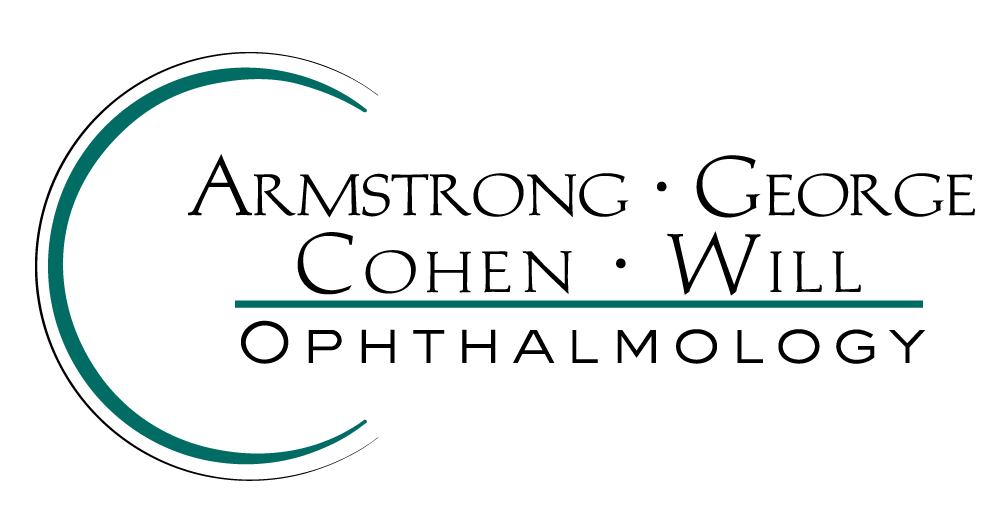Diabetic Retinopathy
Diabetes is a disease in which the body cannot use sugar properly. Diabetic retinopathy occurs when high sugar levels damage blood vessels in the retina. Compromised retinal circulation can result in varying degrees of vision loss.
Early detection of diabetic retinopathy and controlling sugar levels are important in preventing vision loss. Our practice utilizes the latest diagnosis and treatment methods for diabetic retinopathy, including in-office laser treatment for damaged blood vessels in the retina. Intraocular injections are sometimes used as an adjunct therapy for difficult cases of diabetic macular edema or severe cases of proliferative diabetic retinopathy.
Because there often are no symptoms of retinopathy, it is recommended that diabetics schedule a full, dilated eye examination annually, and more frequently if retinal changes are detected.
Retinal Vein Occlusion
Individuals with diabetes, high blood pressure, vascular disease, certain blood disorders or hypertension may be at risk for retinal vein occlusion. In this condition, a vein in the retina becomes blocked, and may leak or bleed.
Although there is no cure, retinal vein occlusion can be treated by intraocular injections or laser surgery, which we perform in our offices. Patients are then counseled on ways to prevent further occurrences.
Detached and Torn Retina
Retinal damage may occur when the vitreous, a gel-like fluid that fills the eye, shrinks as the eye ages. The retina may then tear, allowing fluid to seep behind it, further separating it from the eye wall. A detached or torn retina must be treated promptly to avoid serious vision impairment.
People who are nearsighted, have a family history of retinal detachment, have suffered an eye injury, or are more than 50 years old are at greater risk.
New or greatly increased floaters ("spots" or "cobwebs") or flashers (bright spots of light) in the visual field are sometimes, but not always, a symptom. A dark curtain over the field of vision is an indicator of retina damage. It is important to see an eye doctor immediately for an examination should these symptoms occur.
Retinal tears can often be repaired by laser photocoagulation, which we perform in our offices. The light of the laser seals off the leaking area without incision or surgery. Freezing the wall of a detached retina, another in-office procedure, may be utilized to repair a damaged area. More advanced detachments may require surgical repair.


